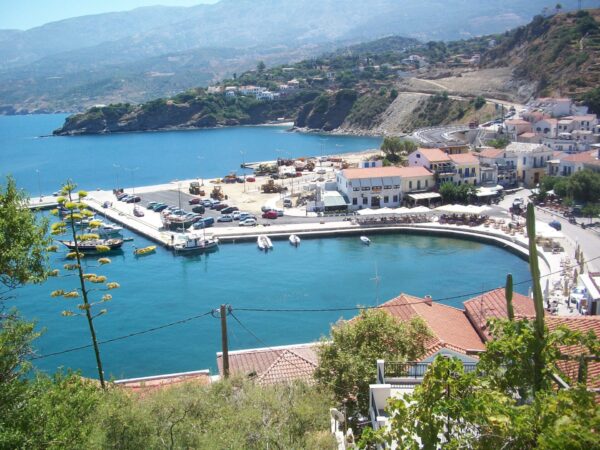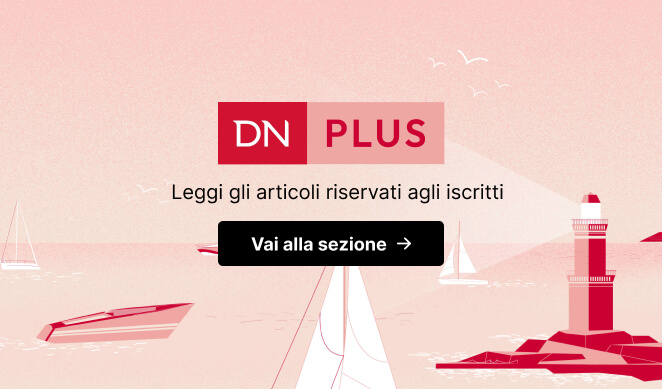The Greek island where people forget to die wants to become Austrian
The incredible story of Icaria, in the Aegean Sea, where the inhabitants’ favourite sport is waking up late in the morning

The Greek island where people forget to die wants to become Austrian
The incredible story of Icaria, in the Aegean Sea, where the inhabitants’ favourite sport is waking up late in the morning
International journalists report that the splendid Greek island of Icaria, in the heart of the Aegean Sea a few miles south west of the more famous, Samos, is also known as “Centenary Island” or “The island where people forget to die”. Indeed, a demographic study carried out in April 2009 showed that this island, roughly the size of the province of Venice (255 square kilometres) has the highest percentage of over-nineties in the world. One in three inhabitants has an excellent chance of living over 90. One in 6 makes it to a hundred.
The chance of having cancer in this place, is less than 20 percent compared to the rest of the world and cardiac disease is 50 percent less. As if this weren’t enough, senile dementia is a completely unknown illness on Icaria, as demonstrated by the sprightly older people chatting and drinking bottles of local wine, a mix of green and purple grapes, amber in colour with a high alcohol content – never less than 15%. This wine cannot be purchased on any other Greek island, as the entire production is made for local use only.
Maybe because of too much wine, or maybe because people have understood everything in life, Icaria is, by its own admission, “a slow island.” Some have defined it as the “sloth of the Aegean” explaining how the inhabitants’ favourite sport is sleeping in late and getting up as late as possible.
But the uniqueness of this island, said to be where Icarus fell when he got too close to the sun, does not end here. And one is politics. The island is nicknamed “Kokkinos Vrahos”, red rock, because it is one of the strongholds of the Greek communist party, which is in competition with the second strongest party on the island, the independent anarchists. Its strong left-wing policy was demonstrated by Icaria during the second world war, resisting, through its partisans, Italian occupation, causing Italy to retaliate by killing much of the local population.
But what is singular about this island is its passion for Austria, so much so that they called a very popular referendum in July 2012 to move under control of Vienna. How the islanders came to this decision is a long story, going back 100 years, when the island was under the control of the Ottoman Empire in decay. In 1912, the inhabitants rebelled against Ottoman occupation and, without too much damage – because Istanbul had much more to worry about than a small Aegean island – proclaimed themselves to be the Sovereign State of Icaria.
Their independence did not last long because, a few months later, the rebels realised that without money – the island did not even have its own currency to pay its staff – and with an economy only based on fishing and subsistence agriculture, there was very little to celebrate. And so, a delegation of the newly elected government was sent to Athens on board an old ship (with their declaration of independence, the Ottomans had removed all ships), refitted for the occasion, and signed a treaty to be annexed to Greece which, according to the islanders, but not the Greeks, would have lasted 100 years.
A century later, in 2012, Greece is in a severe recession and not doing well. The islanders decided it was the right time to leave. They advised Athens that the treaty had expired, and they were once again independent. And so, a delegation flew to Vienna to ask to be annexed to Austria and prepared to support this choice via referendum. Why Austria? Because, contrarily to Greece, the country gave the islanders the impression of having economic stability and an efficient bureaucracy. On their end, the island could offer the Austrians a much desired access to the sea.
Nothing happened, obviously. The government of Athens was in uproar and the Greek Consul had to explain to the Austrian government that the island was in fact Greek, and Greek it would remain. Even the referendum was not recognised by Athens and the islanders had to resign themselves to their destiny.
Today, the island is slowly opening up to international tourism. The beaches are beautiful, the people friendly, and the food delicious. When visiting remember to try Kathoura, a local, fresh goat cheese, and sweets made from honey. Also go visit the hot springs which, according to the locals, are a miracle for your health. And don’t forget to purchase a T-shirt celebrating the glorious four months of Icaria’s independence. The locals are very proud, and if you wear one, they will be thrilled!
Cover image from Wikivoyage .



